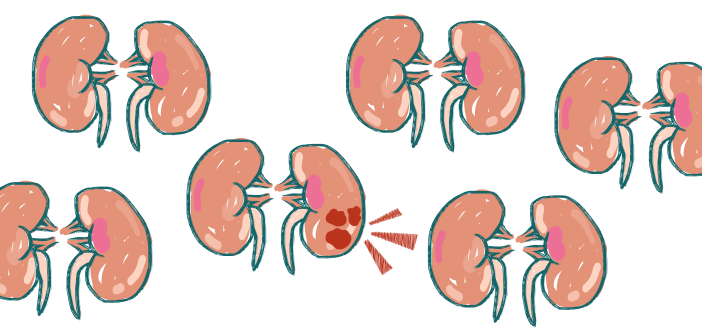FDA endorses urine biomarker panel for monitoring drug-related kidney injury risks

A new urine biomarker panel designed to provide an indicator of kidney response to drug-induced injury has recently been endorsed by the US FDA.
The Foundation for the National Institutes of Health (FNIH) (MD, USA) and the Critical Path Institute (C-Path) (AZ, USA) have announced that the US Food and Drug Administration (FDA; MD, USA) has recently accepted the Qualification Plan for a new urine biomarker panel that monitors drug-related kidney injury risks. Designed for use in individuals with normal kidney function and to complement standard kidney safety laboratory tests, the panel marks a significant advancement in safeguarding the health of participants in early-phase drug development trials, where safety risks can be unpredictable.
Numerous drugs may lead to kidney complications, including acute kidney injury, intrarenal obstruction, nephrotic syndrome and disturbances in acid-base balance and fluid electrolyte homeostasis. Although drug-related kidney injury is more prevalent in infants, young children and individuals with specific conditions such as pre-existing renal impairment or cardiovascular disease, it is imperative to monitor this risk, particularly in clinical trials.
“This biomarker panel will improve our ability to measure and assess early acute kidney injury during drug development, leading to safer, more precise treatments,” commented Steve Hoffmann, Vice President of Science Partnerships and Programmatic Lead for the Kidney Safety Project at the FNIH.
Gold-standard kidney safety tests, such as serum creatinine, blood urea nitrogen and cystatin C, are limited by their inability to detect kidney injuries early enough to prevent any significant damage to the organ. The newly developed biomarker panel comprising eight urinary kidney safety markers aims to improve upon current methods by providing more specific and sensitive tools for earlier detection and monitoring in clinical trials.
You may also be interested in:
- Strength in numbers: the power of 17 biomarkers for predicting kidney disease progression
- A European Bioanalysis Forum recommendation for requiring a context-of-use statement for successful development and validation of biomarker assays
- Anti-nephrin autoantibodies as novel biomarkers for kidney diseases associated with nephrotic syndrome
The acceptance of the Qualification Plan marks a significant milestone achieved through the Clinical Evaluation and Qualification of Translational Kidney Safety Biomarkers Project, a collaborative public-private initiative. This effort was led by the FNIH Biomarkers Consortium Kidney Safety Biomarker Project Team and the C-Path Predictive Safety Testing Consortium’s Nephrotoxicity Working Group, alongside financial backing from various institutions including Amgen (CA, USA), AstraZeneca (Cambridge, UK), C-Path, Eli Lilly and Company (IN, USA), the FNIH, Johnson & Johnson (NJ, USA), Merck (NJ, USA) and Pfizer (NY, USA).
The project consolidated the expertise from the National Institute of Diabetes and Digestive and Kidney Diseases at the National Institutes of Health, the US FDA, academia, industry and advocacy groups.
“This regulatory milestone is a pivotal step forward in improving clinical safety biomarkers for use in drug development,” explained Nicholas King, Executive Director of the Predictive Safety Testing Consortium at C-Path. “Our continued focus on pre-competitive collaboration drives the independent assessment, advancement and validation of novel drug safety tests, accelerating their adoption in drug development.”
The team intends to present a Full Qualification Package to the FDA for final approval of the biomarker panel, scheduled later in the year.






